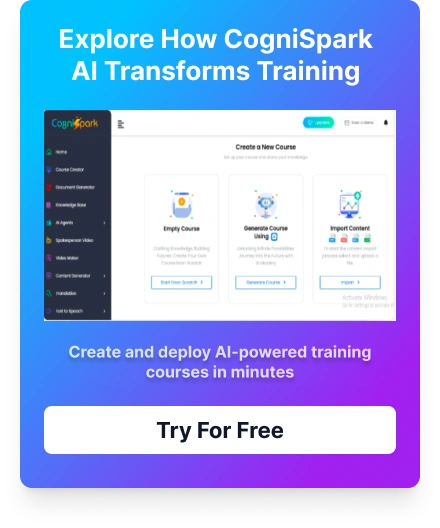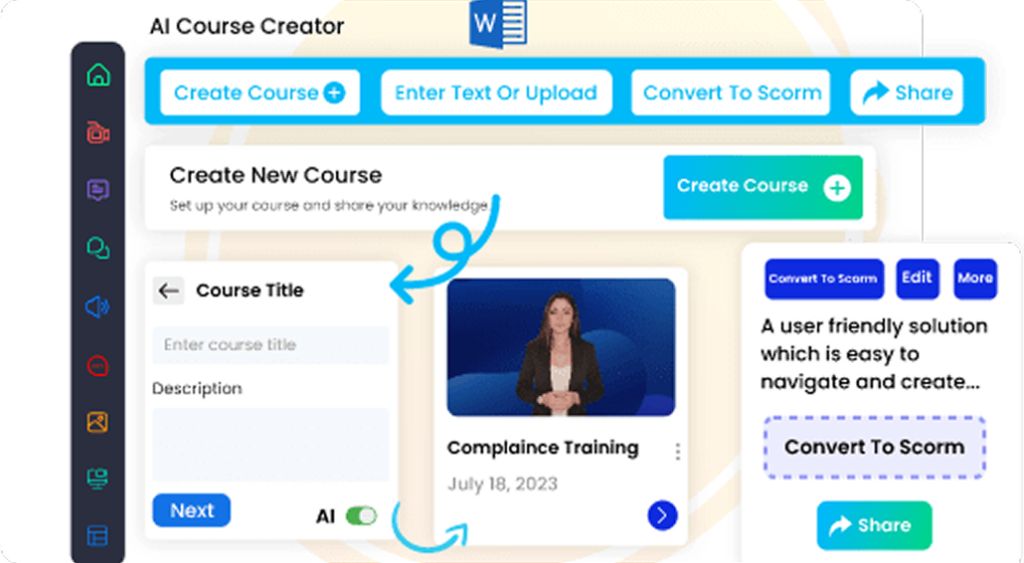Adaptability in the workplace refers to an employee’s ability to adjust their approach, attitude, and strategies in response to new challenges, situations, or changes. This could include adapting to new technologies, work processes, or changes in team dynamics. An adaptable employee can quickly pivot and adjust to the evolving needs of the business, making them invaluable to an organization.
Being adaptable also means staying calm under pressure, thinking creatively when problems arise, and remaining open to feedback and learning. It requires a mindset that embraces uncertainty and uses it as an opportunity for growth rather than a setback. In a workplace where rapid changes are now the norm, the ability to adapt is not just a nice-to-have trait—it’s a necessity.
Why is Adaptability Important in the Workplace?
Adaptability plays a crucial role in an employee’s ability to perform in dynamic environments. Companies that foster adaptability among their teams are better positioned to navigate challenges and capitalize on new opportunities. Here are a few reasons why adaptability in the workplace is so important:
- Increased Efficiency: Adaptable employees can quickly adjust to changing conditions, leading to greater productivity and reduced downtime. They do not wait for perfect circumstances—they act, learn, and refine continuously.
- Improved Problem-Solving: Adaptability allows employees to approach problems from different angles, leading to more creative solutions. This type of flexible thinking is essential for innovation and long-term growth.
- Enhanced Innovation: Employees who are open to new ideas and approaches contribute to a culture of innovation within the organization. Innovation thrives in environments where people are not afraid to try new things and learn from failure.
- Better Collaboration: Adaptable individuals work well in teams, as they can adjust to the diverse working styles of their colleagues. They bring a willingness to compromise, listen, and collaborate across different departments.
- Higher Job Satisfaction: Employees who can manage change effectively often feel more empowered and motivated in their roles. They experience less stress when faced with transitions and are more likely to stay committed to the organization.
Adaptability also strengthens leadership potential. Adaptable leaders set the tone for how teams respond to uncertainty, helping create a resilient organizational culture.
The Role of Adaptability Training for Employees
While adaptability is an inherent trait for some, it can be developed and nurtured through adaptability training for employees. These training programs are designed to help employees strengthen their ability to manage change and thrive in uncertain conditions. Adaptability online training has become particularly valuable, offering flexible learning opportunities that allow employees to develop these critical skills at their own pace while balancing work responsibilities.
Organizations seeking comprehensive training solutions can explore Paradiso’s extensive course catalog, which offers over 100,000 expertly crafted, ready-made eLearning courses covering 25 key areas including professional development, soft skills, and management—all designed to enhance workplace adaptability and resilience.
Some key areas of focus in adaptability training include:
1. Embracing Change
One of the main objectives of adaptability training for employees is to help employees embrace change. By learning how to manage their responses to change, employees can reduce resistance and become more open to new experiences. Training often includes practical exercises and role-playing scenarios to help employees confront and adapt to change in a safe and supportive environment. It also teaches them to see change as an opportunity for growth rather than a threat.
2. Building Resilience
Adaptability training also focuses on building resilience—an essential trait for navigating both personal and professional challenges. Resilience training encourages employees to view setbacks as opportunities for growth and develop strategies to bounce back from adversity. This includes teaching coping mechanisms, emotional regulation techniques, and mindset shifts that promote long-term mental flexibility.
3. Developing Problem-Solving Skills
Adaptable employees excel at problem-solving because they can think critically and quickly find solutions when faced with new obstacles. Problem-solving exercises in training help employees sharpen their analytical thinking and creative problem-solving skills, allowing them to tackle challenges effectively. These skills are critical in fast-paced environments where decisions must be made with limited information.
4. Encouraging Continuous Learning
Continuous learning is key to adaptability. Training programs emphasize the importance of lifelong learning and provide employees with the tools and resources to stay current with industry trends and technological advancements. This helps them remain relevant and adaptable in an ever-changing business landscape. Encouraging curiosity and self-directed learning also empowers employees to take charge of their own development.
Learning Built Around Your Goals.
Discover how our courses can align with your training goals and drive real results.
Benefits of Adaptability Training for Employees
When employees undergo adaptability training, the organization reaps numerous benefits. These include:
- Improved Workplace Morale: Employees who feel equipped to handle change are generally more confident and engaged in their work. This creates a more positive and optimistic work culture.
- Stronger Business Agility: With adaptable employees, organizations can pivot more easily in response to market changes and emerging trends. This agility is crucial for maintaining competitiveness in unpredictable markets.
- Increased Retention Rates: Training employees to be adaptable helps them feel more capable and valued, which boosts retention rates. They are more likely to stay with an organization that invests in their growth.
- Better Customer Service: Adaptable employees are more likely to respond to customer needs quickly, improving customer satisfaction. They are also more receptive to customer feedback, enabling businesses to fine-tune their offerings.
Organizations that invest in adaptability online training create a forward-thinking, high-performance culture where employees are aligned with business goals and ready to face challenges head-on. The convenience and accessibility of online training formats make it easier for companies to scale these programs across distributed teams and busy schedules.
How to Integrate Adaptability into Company Culture
To make adaptability a core part of the workplace, it’s essential to go beyond one-time training and weave it into the company culture. Leaders should model adaptable behavior by showing openness to new ideas, being transparent about challenges, and encouraging experimentation.
Performance reviews can include adaptability as a measurable competency, and teams can be recognized or rewarded for embracing change. Creating safe spaces for feedback, learning, and innovation helps reinforce the idea that flexibility is valued.
Managers should also encourage cross-functional collaboration and task rotation, giving employees a chance to gain new perspectives and build transferable skills—both of which enhance their adaptability.
Adaptability in the Workplace: Empowering Employees for Change
Employees who can embrace change, adjust quickly to new challenges, and remain effective under shifting conditions are key drivers of organizational resilience and growth. That’s why adaptability training is no longer optional—it’s essential.
CogniSpark AI enhances adaptability in the workplace through immersive, AI-driven learning modules that simulate real-life workplace changes and unexpected challenges. Using its intelligent AI Tutor, employees are guided through interactive scenarios that test their flexibility, decision-making under pressure, and openness to feedback—key components of adaptability.
Organizations can design and tailor content using CogniSpark’s powerful authoring tool, ensuring training aligns with their unique culture, industry trends, and transformation goals. Whether navigating remote work dynamics, technology shifts, or organizational restructuring, the platform helps employees build confidence in their ability to adapt.
CogniSpark AI is also fully LMS-compatible, making it easy for organizations to integrate adaptability training into their existing learning ecosystems. Progress tracking, assessments, and personalized learning paths keep employees engaged and accountable.
Conclusion
In conclusion, adaptability in the workplace is a critical skill for navigating today’s fast-paced business environment. As industries evolve and new challenges arise, employees must be able to adjust quickly and effectively. By providing adaptability training for employees, organizations can ensure that their teams are well-prepared to handle change, embrace innovation, and thrive in any situation.
Investing in adaptability training not only boosts employee morale but also enhances business agility, leading to long-term success. Companies that prioritize adaptability will be better equipped to meet the challenges of tomorrow and stay ahead of the competition. Building a resilient, flexible workforce begins with intentional training and a company culture that embraces change as a path to progress.
Access 100+ fully editable, SCORM-compatible courses featuring an integrated AI Tutor and an in-built authoring tool. Seamlessly compatible with any LMS, these courses are designed to elevate your training programs.
Explore Our eLearning Course Catalog























